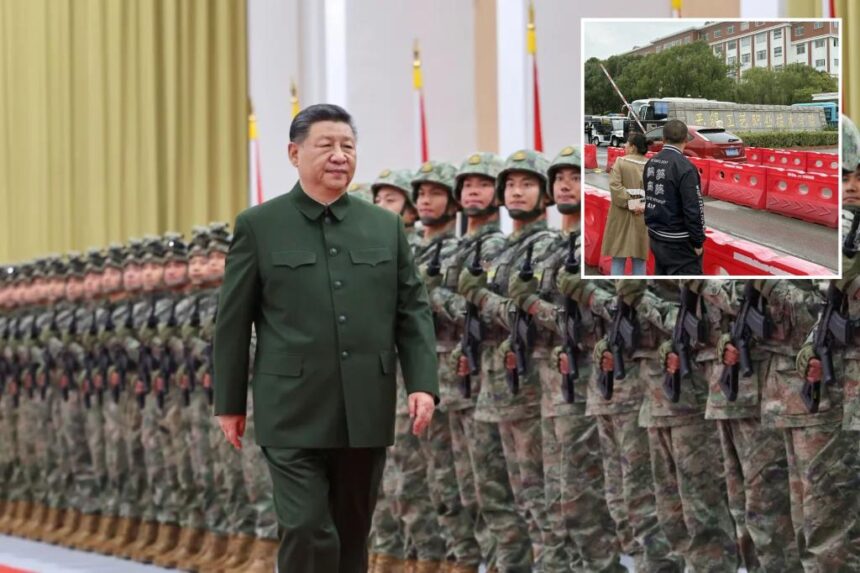China’s President Xi Jinping has issued a directive to local governments to put an end to the recent wave of mass killings that have been plaguing the country. These attacks, where individuals use vehicles or knives to target multiple victims, have been labeled as “revenge on society crimes” by the people of China. In the past month alone, there have been three such incidents, including a man injuring 30 people at an elementary school, a student killing eight at a vocational school, and a man mowing down 35 individuals in a crowd.
While the motives behind these attacks may vary, there is a common thread of societal pressure and a sense of injustice felt by the perpetrators. Experts believe that the tightening grip of the Chinese state on civil society and individual freedoms may be contributing to this feeling of unfairness and resentment. The government’s crackdown on human rights activists and advocacy groups has created an atmosphere of fear and surveillance, leading to a sense of helplessness among the population.
In response to these attacks, President Xi has called on local governments to take preemptive measures to prevent such incidents from occurring in the future. This includes resolving conflicts and disputes at the root level and addressing issues such as family disputes, marital problems, and neighborhood conflicts. While the government’s intention may be to maintain social stability and prevent further violence, there are concerns about the intrusion into private lives and the potential for abuse of power.
The government’s strict control over information and censorship of media coverage related to these attacks has made it difficult to assess the true extent of the problem. While other countries may have mechanisms in place to track and analyze mass killings, the lack of transparency in China makes it challenging to understand the underlying causes and trends. The government’s emphasis on strengthening control and surveillance as a means of prevention may further erode individual freedoms and exacerbate social tensions.
As local governments implement measures to identify and address potential conflicts, there are fears that this could lead to increased pressure on schools, businesses, and communities. The parallels drawn between the government’s response to these attacks and its handling of the COVID-19 pandemic, with strict control measures and surveillance, raise concerns about the potential for backlash and resistance from the public. It remains to be seen how these new directives will be enforced and whether they will effectively address the root causes of the violence plaguing Chinese society.








